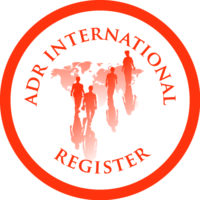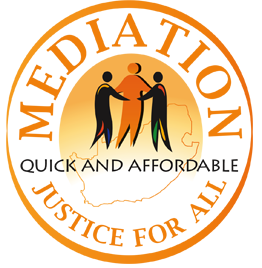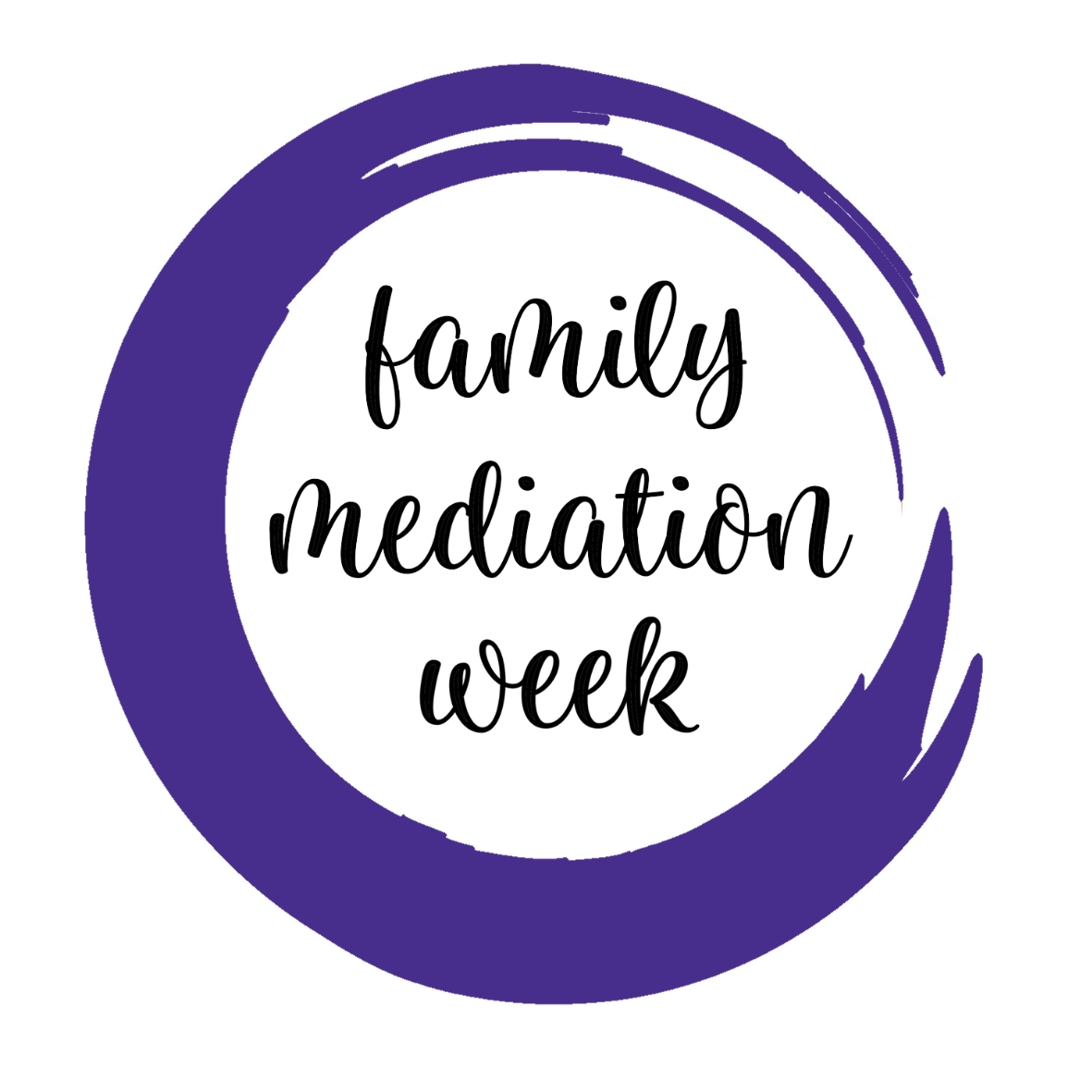Family Mediation
Alternative dispute resolution by Accredited High Court Annexed Mediator
Jacques Wagner
Wars only stop when people start talking
Court-Annexed Mediation Services in South Africa
Mediation, Child Interview Evaluation and Reports, Parenting Plan, Post Divorce Counselling and Recovery, Parental Guidance
Navigating legal disputes in South Africa can be a challenging and often overwhelming experience. As a dedicated High Court-Annexed Mediator based in Pretoria Gauteng, I offer a compassionate, confidential, and effective path toward resolving your legal matters without the need for lengthy and costly court battles.
What is Court-Annexed Mediation?
Court-Annexed Mediation is a mandatory, court-referred process in South Africa, specifically governed by Uniform Rule 41A of the Uniform Rules of Court. It’s designed to help parties in a legal dispute reach a mutually agreeable settlement before proceeding to a full trial or before the judgement. This structured negotiation process is facilitated by a neutral third party, the mediator, who helps you and the other party communicate effectively, understand each other’s perspectives, and explore potential solutions.
In South African law, Rule 41A emphasizes mediation’s crucial role in promoting access to justice, reducing court backlogs, and fostering amicable resolutions for civil and family law cases across various courts, including Magistrates’ Courts and High Courts.



Why Choose Court-Annexed Mediation in South Africa?
Opting for mediation services in South Africa offers numerous benefits over traditional litigation:
-
Cost-Effective Legal Resolution: Mediation is significantly less expensive than going to trial, saving you substantial legal fees and court costs in South Africa.
-
Time-Saving Dispute Resolution: Disputes can often be resolved in a matter of weeks or months through mediation, as opposed to years through court proceedings, leading to quicker legal settlements.
-
Confidentiality: The mediation process is private and confidential, protecting sensitive information from public disclosure.
-
Empowering Solutions: You and the other party retain control over the outcome, allowing you to craft creative and tailored solutions that a court might not be able to order. This leads to mutually agreeable outcomes.
-
Preserves Relationships: Mediation fosters open communication and cooperation, which can help preserve or even improve relationships, especially important in family disputes or business disputes.
-
Higher Compliance Rates: Agreements reached through court mediation are more likely to be honored voluntarily because both parties actively participated in creating them.
-
Less Adversarial: Mediation reduces the stress and adversarial nature of litigation, creating a more constructive environment for dispute resolution.
- Registered and Accredited: Means that I have completed special training and registered with the Department of Justice and Constitutional Development DJCD.
My Approach as Your Court-Annexed Mediator in Pretoria and Online
As your Court-Annexed Mediator in Pretoria Gauteng and Online, I am committed to facilitating a fair and productive process. My approach is characterized by:
-
Neutrality and Impartiality: I do not take sides or make judgments. My role is to guide the conversation and ensure a balanced discussion.
-
Active Listening and Empathy: I strive to understand each party’s unique concerns, interests, and underlying needs.
-
Skilled Facilitation: I employ proven communication and negotiation techniques to help you overcome impasses and find common ground.
-
Focus on Solutions: My primary goal is to help you explore a wide range of options and arrive at a practical and sustainable resolution.
-
Respect and Professionalism: I maintain a professional and respectful environment for all participants, ensuring a safe space for open dialogue.
My Mediation Services Cover:
I offer comprehensive Court-Annexed Mediation services for a variety of civil disputes in South Africa, including but not limited to:
- Divorce Mediation and Family Law Disputes: Child custody and visitation, spousal maintenance, division of assets.
- Contractual Disputes: Breach of contract, business disagreements, commercial mediation.
- Property Disputes: Boundary disputes, landlord-tenant issues.
- General Civil Litigation Mediation: Personal injury claims, debt recovery (where applicable).
- Rule 41A Mediation requirements.
The Court-Annexed Mediation Process
While each mediation is unique, the general process typically involves:
- Initial Consultations: I will meet with each party separately to understand the background of the dispute and explain the mediation process and its benefits under South African law.
- Joint Sessions: We will then hold joint sessions where both parties, with or without their legal representatives, discuss the issues, present their perspectives, and explore potential solutions.
- Information Exchange: I will facilitate the exchange of relevant information and documents to ensure all parties are fully informed.
- Negotiation and Option Generation: We will work collaboratively to identify interests, brainstorm options, and negotiate terms.
- Agreement Drafting: If a settlement is reached, I will assist in drafting a comprehensive mediation agreement that can be made an order of court, ensuring its enforceability.
- Confidentiality: All discussions during court-referred mediation are confidential and “without prejudice,” meaning they cannot be used against you in court if an agreement is not reached.
Ready to Explore Mediation in Pretoria and Online?
Don’t let legal disputes consume your time and resources. Court-Annexed Mediation in Pretoria and Online offers a smarter, more humane way to resolve your differences and achieve an efficient legal settlement.
Contact me today for a confidential consultation to discuss how mediation services can benefit your specific situation under Rule 41A in South Africa.

Prioritising the Child’s Voice: Child Interview Evaluations (Section 10, Children’s Act)
In matters affecting children during separation or divorce in South Africa, their voices are paramount. As a dedicated Court-Annexed Mediator in Centurion, Gauteng, I offer specialized services to ensure the child’s perspective is heard and considered, adhering strictly to Section 10 of the Children’s Act 38 of 2005. I have 10 years of experience working with the honourable childrens court, social services, parents and attorneys.
This section explicitly grants every child, who is of suitable age, maturity, and developmental stage, the right to participate in matters concerning them, with their views given due consideration. To effectively facilitate this crucial aspect of family law mediation, I incorporate the highly respected Child Interview Evaluation (CIE) methodology, developed by leading South African experts Dr. Irma Schutte and Dr. Ronel Duchen.
What is the Child Interview Evaluation (CIE)?
The Child Interview Evaluation (CIE), often referred to as the “Voice of the Child” (VOC) interview, is a structured, child-friendly process designed to ascertain a child’s genuine views, feelings, and preferences regarding their living arrangements, contact with parents, and other matters directly affecting them. This non-intrusive and age-appropriate evaluation goes beyond simply asking direct questions. It utilizes specialized techniques to:
- Create a Safe and Neutral Space: Ensuring the child feels comfortable and free to express themselves without feeling pressured or influenced.
- Understand Their Lived Experience: Delving into the child’s daily routines, relationships, and emotional well-being within their family context.
- Assess Age and Maturity: Carefully considering the child’s developmental stage to give appropriate weight to their expressed views, as required by the Children’s Act.
- Identify Underlying Needs: Uncovering not just what a child says they want, but also the deeper needs and interests driving those desires.
Beyond Legal Proceedings: Identifying Risks and Challenges
While often used in legal contexts, the Child Interview Evaluation (VOC) is also a powerful tool for social workers and concerned parents seeking to understand a child’s well-being outside of court. Through this child-friendly and trauma-informed process, I can help identify potential risks and challenges a child may be facing.
This includes:
- Emotional Distress: Signs of anxiety, sadness, or other emotional difficulties.
- Social Difficulties: Challenges with peers, school, or other social environments.
- Safety Concerns: Any indicators of neglect, abuse, or unsafe situations that warrant further attention.
- Developmental Delays: Observations that might suggest a need for additional support or intervention.
The insights gained from these evaluations can be invaluable for early intervention, informing therapeutic support, or guiding parents and social workers in making decisions that proactively address a child’s needs and enhance their overall welfare.
My Comprehensive Child Interview Evaluation Process and Reporting for Court and Parents
My approach to the Child Interview Evaluation is thorough and designed to provide clear, actionable insights for both parents and the Court. The comprehensive process typically includes:
Preliminary Consultations: Discussions with parents (and their legal representatives, if applicable) to understand the family dynamics and specific issues requiring the child’s input.
Child-Centred Interviews: Multiple sessions with the child(ren) in a comfortable, neutral environment, utilizing the Dr. Irma Schutte and Duchen methodology. This ensures a holistic and accurate capture of their “voice.”
Detailed Report Generation: Following the interviews, I compile a professional, impartial, and comprehensive Child Interview Evaluation report. This report outlines:
The child’s expressed views and wishes.
-
- An assessment of the child’s maturity and capacity to participate.
- Relevant observations regarding the child’s emotional state and well-being.
- Contextual information vital for understanding the child’s perspective.
- Reporting for Court and Parents: The report is meticulously prepared to be submitted to both parents and the Court. It serves as a vital tool for informing decision-making, helping to ensure that any parenting plan or court order ultimately serves the best interests of the child – the guiding principle of the Children’s Act 38 of 2005.
Why is a Professional Child Interview Evaluation Essential?
In family law disputes concerning children, relying solely on parental accounts can be incomplete. A professional Child Interview Evaluation is crucial because it:
- Fulfills Legal Requirements: Directly addresses the mandate of Section 10 of the Children’s Act for children’s participation.
- Provides Objective Insight: Offers an impartial perspective on the child’s feelings, free from parental bias.
- Facilitates Informed Decisions: Equips parents and the Court with critical information to create a parenting plan that truly supports the child’s well-being and development.
- Reduces Conflict: By giving the child a voice in a structured manner, it can often alleviate some of the tension and uncertainty for both the child and the parents.
- Identifies Early Interventions: Crucially, it can pinpoint risks and challenges, allowing for timely support for the child’s overall development and safety.
If your mediation case involves children and requires a sensitive, legally compliant, and insightful assessment of their views, or if you are a concerned parent or social worker seeking to understand a child’s experiences and potential challenges, my Child Interview Evaluation services offer the expertise you need.
Contact me today to learn more about how I can assist with Child Interview Evaluations in your mediation process or to support your child’s well-being in Pretoria, Gauteng, South Africa.



